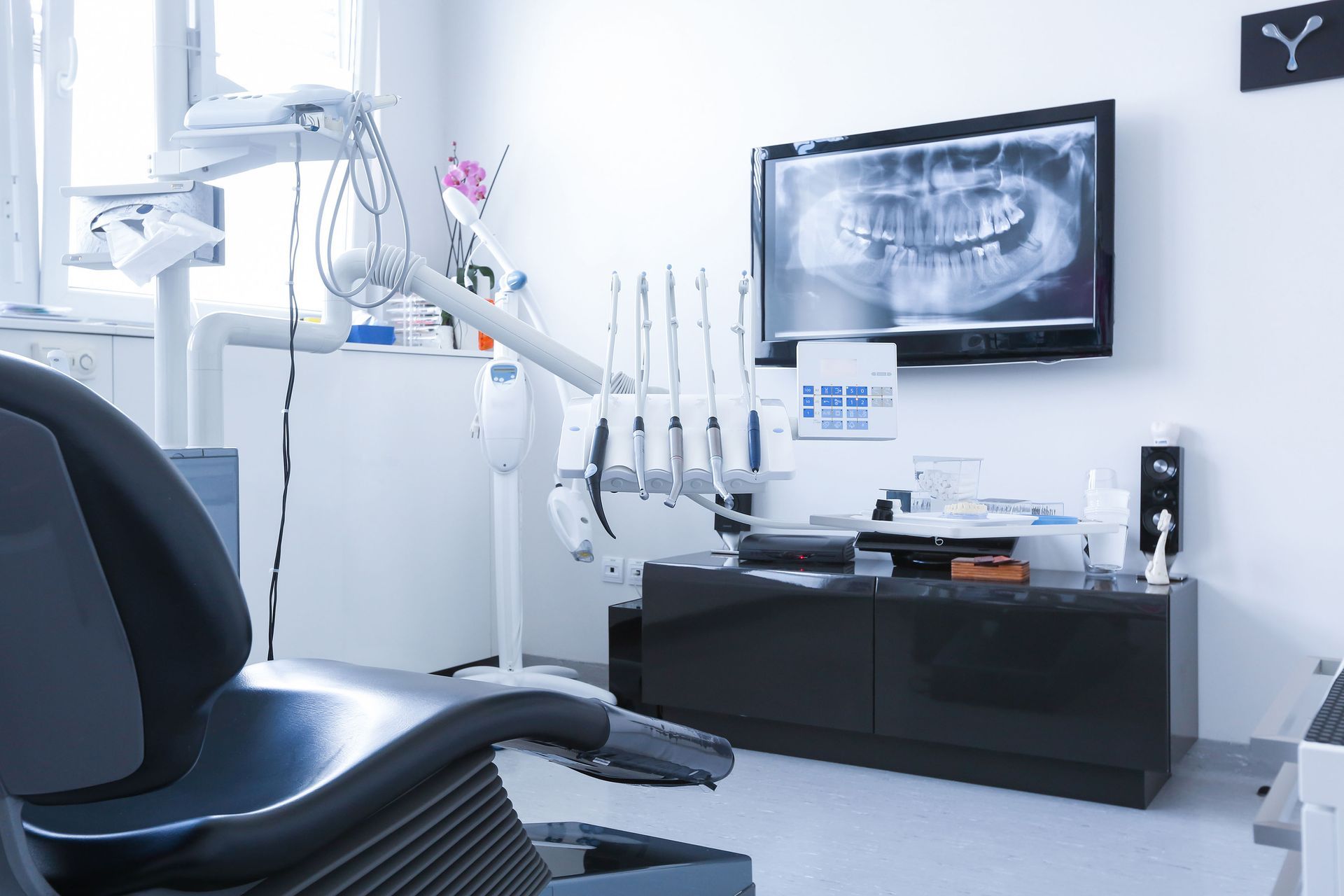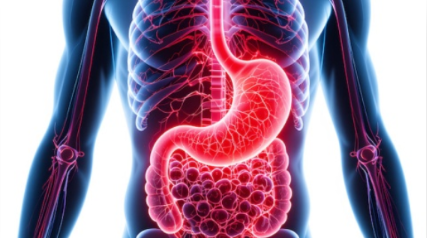October 13, 2025
Understanding the process of recovering from wisdom teeth removal is crucial for a smooth and successful healing journey. This article aims to answer some of the most frequently asked questions on this topic, providing valuable insights and practical tips. Whether you're preparing for the procedure or are already in the recovery phase, this guide will help you navigate the experience with confidence. Recovery from wisdom teeth extraction can be an intimidating prospect, but with proper guidance, many complications can be avoided. Let’s dive into the key questions surrounding this common procedure.
1. What to Expect Immediately After Surgery?
Immediately following wisdom teeth removal, patients can expect a few typical side effects. Swelling and discomfort are common and may begin once the anesthesia wears off. The initial 24 hours post-surgery are critical for preventing complications. Patients often experience numbness, which can last several hours due to the anesthesia. According to Cleveland Health, wisdom teeth typically come in between the ages of 17 and 25, and removing them during this period can help mitigate long-term oral health issues.
Numbness typically subsides after two to four hours, but it can vary based on the individual and the extent of the surgery. Mild to moderate discomfort is common and is often managed with prescribed pain medications. Over-the-counter solutions, such as ibuprofen, are also effective for reducing pain and inflammation. It's essential to follow your dentist’s recommendations regarding medication usage. The discomfort usually peaks within the first 72 hours but then gradually improves over the following days.
Initial bleeding is a normal part of the healing process and should be expected to some degree. Immediately post-surgery, it’s important to replace gauze pads as instructed by your dentist to control the bleeding. It’s common for bleeding to diminish significantly by the end of the first 24 hours. To help with clot formation, avoid rinsing the mouth, spitting, or using a straw. These activities can dislodge the clot, leading to a condition known as dry socket, which can delay recovery.
Immediately following wisdom teeth removal, patients can expect a few typical side effects. Swelling and discomfort are common and may begin once the anesthesia wears off. The initial 24 hours post-surgery are critical for preventing complications. Patients often experience numbness, which can last several hours due to the anesthesia. According to Cleveland Health, wisdom teeth typically come in between the ages of 17 and 25, and removing them during this period can help mitigate long-term oral health issues.
Numbness typically subsides after two to four hours, but it can vary based on the individual and the extent of the surgery. Mild to moderate discomfort is common and is often managed with prescribed pain medications. Over-the-counter solutions, such as ibuprofen, are also effective for reducing pain and inflammation. It's essential to follow your dentist’s recommendations regarding medication usage. The discomfort usually peaks within the first 72 hours but then gradually improves over the following days.
Initial bleeding is a normal part of the healing process and should be expected to some degree. Immediately post-surgery, it’s important to replace gauze pads as instructed by your dentist to control the bleeding. It’s common for bleeding to diminish significantly by the end of the first 24 hours. To help with clot formation, avoid rinsing the mouth, spitting, or using a straw. These activities can dislodge the clot, leading to a condition known as dry socket, which can delay recovery.
2. How to Manage Pain and Swelling?
Pain management is a common concern following wisdom teeth removal. Dentists typically prescribe medications like ibuprofen or acetaminophen to help alleviate discomfort. Certain surgical cases may require stronger medication for short-term use. Always take medications as directed and discuss any concerns about pain management with your dentist. Balancing medication with non-drug methods—such as ice packs—can enhance pain relief.
Ice packs are a simple yet effective way to manage swelling following oral surgery. They work by constricting blood vessels to slow down swelling and help numb painful areas. Apply ice packs in 15 to 20-minute cycles, allowing for short breaks in between to prevent skin damage. Typically, ice packs are most beneficial in the first 48 hours after surgery. Employing this method can significantly reduce the duration and severity of swelling experienced post-extraction.
Aside from medication and ice packs, several alternative techniques can help manage pain. Aromatherapy and relaxation techniques, such as deep breathing and meditation, may decrease perceived pain levels. Maintaining a calm environment and minimizing stress can also assist with recovery. Always discuss any alternative approaches with your healthcare provider to ensure they’re safe to implement. These complementary methods can provide additional relief when combined with traditional pain management strategies.
Pain management is a common concern following wisdom teeth removal. Dentists typically prescribe medications like ibuprofen or acetaminophen to help alleviate discomfort. Certain surgical cases may require stronger medication for short-term use. Always take medications as directed and discuss any concerns about pain management with your dentist. Balancing medication with non-drug methods—such as ice packs—can enhance pain relief.
Ice packs are a simple yet effective way to manage swelling following oral surgery. They work by constricting blood vessels to slow down swelling and help numb painful areas. Apply ice packs in 15 to 20-minute cycles, allowing for short breaks in between to prevent skin damage. Typically, ice packs are most beneficial in the first 48 hours after surgery. Employing this method can significantly reduce the duration and severity of swelling experienced post-extraction.
Aside from medication and ice packs, several alternative techniques can help manage pain. Aromatherapy and relaxation techniques, such as deep breathing and meditation, may decrease perceived pain levels. Maintaining a calm environment and minimizing stress can also assist with recovery. Always discuss any alternative approaches with your healthcare provider to ensure they’re safe to implement. These complementary methods can provide additional relief when combined with traditional pain management strategies.
3. What Foods Are Safe to Eat?
A key aspect of recovery is following a diet of soft foods that minimize irritation to the surgical site. Foods like yogurt, applesauce, and mashed potatoes are excellent choices. These foods provide necessary nutrients while being gentle on the healing gums. Introducing nutrient-rich smoothies can also ensure a balanced diet without the need for extensive chewing. It’s advisable to avoid anything crunchy or acidic during the healing period to prevent re-opening wounds.
Staying hydrated is important for overall health and can aid in the recovery process. It’s best to take small sips of water throughout the day to maintain hydration levels without disrupting blood clots. Avoid carbonated or alcoholic beverages, especially during the initial recovery days. These can irritate and potentially harm the healing tissue. Opting for non-caffeinated, non-alcoholic beverages ensures that hydration supports rather than hinders healing.
Particular foods should be avoided to foster a smooth recovery. Hard, chewy, or crunchy foods can dislodge clots and damage the surgical site. Spicy or acidic foods may cause irritation and discomfort, prolonging the healing process. Sticky foods like gum or candies can easily become lodged in extraction sites, presenting further issues. It's crucial to be selective and cautious with food choices to prevent complications. Adhering to a gentle diet can minimize recovery time and discomfort.
A key aspect of recovery is following a diet of soft foods that minimize irritation to the surgical site. Foods like yogurt, applesauce, and mashed potatoes are excellent choices. These foods provide necessary nutrients while being gentle on the healing gums. Introducing nutrient-rich smoothies can also ensure a balanced diet without the need for extensive chewing. It’s advisable to avoid anything crunchy or acidic during the healing period to prevent re-opening wounds.
Staying hydrated is important for overall health and can aid in the recovery process. It’s best to take small sips of water throughout the day to maintain hydration levels without disrupting blood clots. Avoid carbonated or alcoholic beverages, especially during the initial recovery days. These can irritate and potentially harm the healing tissue. Opting for non-caffeinated, non-alcoholic beverages ensures that hydration supports rather than hinders healing.
Particular foods should be avoided to foster a smooth recovery. Hard, chewy, or crunchy foods can dislodge clots and damage the surgical site. Spicy or acidic foods may cause irritation and discomfort, prolonging the healing process. Sticky foods like gum or candies can easily become lodged in extraction sites, presenting further issues. It's crucial to be selective and cautious with food choices to prevent complications. Adhering to a gentle diet can minimize recovery time and discomfort.
4. How to Ensure Proper Oral Hygiene?
Maintaining oral hygiene post-surgery is critical, but it requires a gentle approach. Instructed by your dentist, you should resume gentle brushing the day after surgery, taking care to avoid the extraction sites. Using a soft-bristled toothbrush can help minimize irritation. Do not brush vigorously and avoid the areas around the recent extraction. Keeping the rest of your mouth clean aids in overall recovery without disrupting the necessary healing.
Commercial mouthwashes can be too harsh for use immediately after surgery. Instead, a saltwater rinse is often recommended a few times daily once initial healing allows. This helps to cleanse the mouth gently while aiding in reducing inflammation. Always be sure to follow your dentist’s guidelines on when to introduce rinsing. Saltwater solutions are simple to make and highly effective for maintaining oral hygiene.
Dry socket is a painful complication that entails the premature loss of the blood clot formed in an extraction socket. This can lead to exposed nerves and bone, significantly delaying recovery. Avoiding actions like smoking, straw usage, and excessive spitting are key preventive measures. If dry socket symptoms manifest—a dull throbbing pain and a foul taste—contacting your dentist immediately is crucial. Early intervention can control pain and begin the necessary treatment to promote healing.
Maintaining oral hygiene post-surgery is critical, but it requires a gentle approach. Instructed by your dentist, you should resume gentle brushing the day after surgery, taking care to avoid the extraction sites. Using a soft-bristled toothbrush can help minimize irritation. Do not brush vigorously and avoid the areas around the recent extraction. Keeping the rest of your mouth clean aids in overall recovery without disrupting the necessary healing.
Commercial mouthwashes can be too harsh for use immediately after surgery. Instead, a saltwater rinse is often recommended a few times daily once initial healing allows. This helps to cleanse the mouth gently while aiding in reducing inflammation. Always be sure to follow your dentist’s guidelines on when to introduce rinsing. Saltwater solutions are simple to make and highly effective for maintaining oral hygiene.
Dry socket is a painful complication that entails the premature loss of the blood clot formed in an extraction socket. This can lead to exposed nerves and bone, significantly delaying recovery. Avoiding actions like smoking, straw usage, and excessive spitting are key preventive measures. If dry socket symptoms manifest—a dull throbbing pain and a foul taste—contacting your dentist immediately is crucial. Early intervention can control pain and begin the necessary treatment to promote healing.
5. How to Resume Normal Activities?
Resuming normal physical activities post-surgery should be done with caution. Typically, strenuous exercise is discouraged for at least a week post-surgery to avoid dislodging blood clots and increasing bleeding risks. Light activities can be gradually reintroduced as discomfort decreases and healing progresses. Listening to your body is vital; any activities that cause discomfort should be avoided. Prioritizing rest, especially in the initial recovery period, supports optimal healing.
The timeline for returning to work or school varies depending on individual healing rates and specific job demands. Generally, many patients return within two to three days if recovery is proceeding well, assuming tasks are not physically demanding. Arranging for flexibility in your schedule, such as half-days or lighter duties, can ease the transition back. Communicating with supervisors or educators about your recovery status can also help accommodate necessary adjustments. Resting at home might be preferable if experiencing prolonged discomfort or swelling.
Recovering from
wisdom teeth removal
can be a challenging but manageable process with the right knowledge and preparation. By understanding the answers to these frequently asked questions, patients can look forward to a smoother recovery experience. Always remember to follow your dentist’s aftercare instructions and seek professional advice if you encounter any concerns during your recovery journey. With proper care, a speedy and comfortable recovery is achievable. Embrace the process with confidence, knowing you're equipped with essential information for optimal oral health. For more information about the services that we offer, reach out to our incredible team at Barrington Smiles today!
Resuming normal physical activities post-surgery should be done with caution. Typically, strenuous exercise is discouraged for at least a week post-surgery to avoid dislodging blood clots and increasing bleeding risks. Light activities can be gradually reintroduced as discomfort decreases and healing progresses. Listening to your body is vital; any activities that cause discomfort should be avoided. Prioritizing rest, especially in the initial recovery period, supports optimal healing.
The timeline for returning to work or school varies depending on individual healing rates and specific job demands. Generally, many patients return within two to three days if recovery is proceeding well, assuming tasks are not physically demanding. Arranging for flexibility in your schedule, such as half-days or lighter duties, can ease the transition back. Communicating with supervisors or educators about your recovery status can also help accommodate necessary adjustments. Resting at home might be preferable if experiencing prolonged discomfort or swelling.
Recovering from wisdom teeth removal can be a challenging but manageable process with the right knowledge and preparation. By understanding the answers to these frequently asked questions, patients can look forward to a smoother recovery experience. Always remember to follow your dentist’s aftercare instructions and seek professional advice if you encounter any concerns during your recovery journey. With proper care, a speedy and comfortable recovery is achievable. Embrace the process with confidence, knowing you're equipped with essential information for optimal oral health. For more information about the services that we offer, reach out to our incredible team at Barrington Smiles today!














